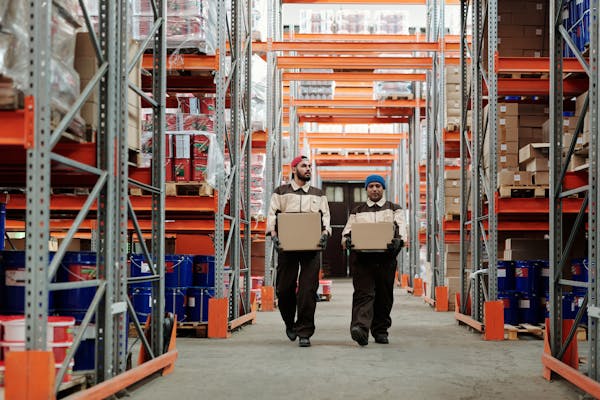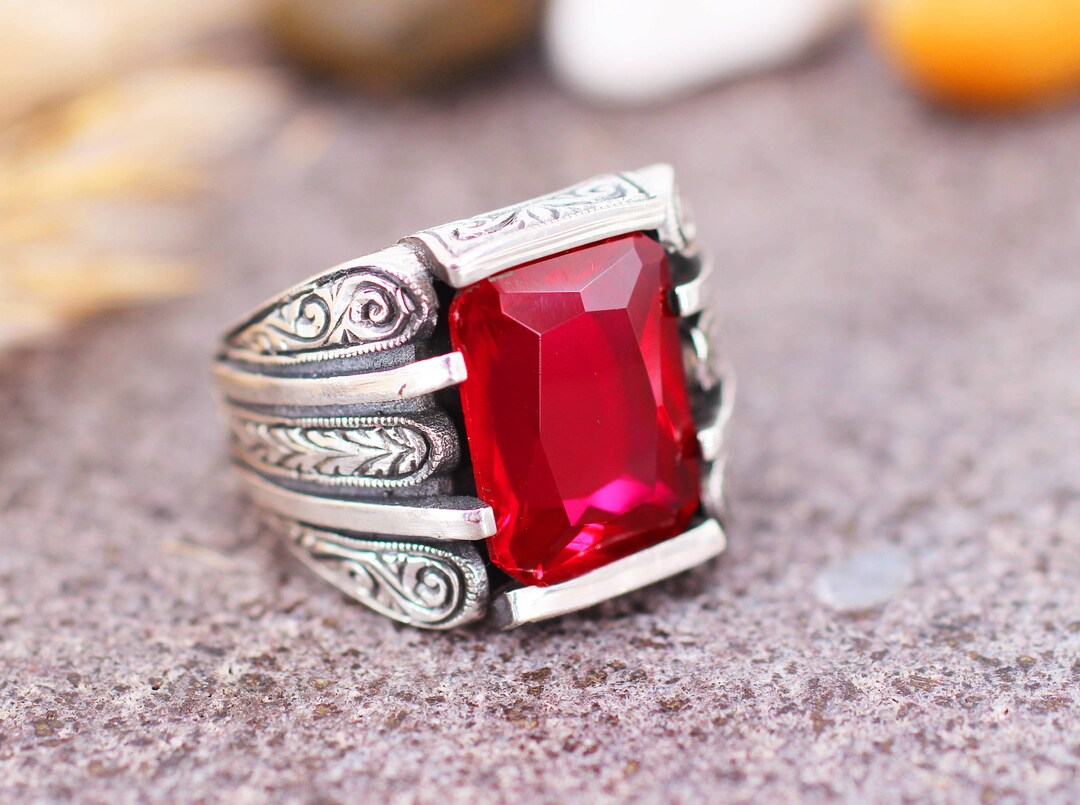Trades In Construction – Steel And Aluminium Works
Steel works have for long been part of construction. Both in composite forms as in concrete, or in their own. The most common uses of steel in construction are:
· Doors and Windows: Owing to its strength, flexibility as well as being capable of offering a very good aesthetic appeal, steel has for long been used in the construction of casement shutters. This is either done in paneled, grilled, glazed or a combination of two or all three finishes. Depending on the usage, it is easy to come up with either light duty or heavy security shutters.
· Grills and rails: These can either be staircase balustrades and balusters, balcony grills or even fences. It is possible to come up with very strong as well as very beautiful shapes using steel.
· Structures: This is mostly in roof structures, although it is also common in the construction of towers, especially for high level tanks.
· Furniture: Steel has been used for the making of various furniture in the construction industry.
Whatever the use of steel, the following tasks are common in steelworks:
· Cutting: this is mostly done by the use of a hack saw in case of light manual works. However, where heavier and larger scale cutting is involved, power cutters like the disk cutter are used. Cutting of holes is done using drills, which can either be manual or powered.
· Joining: this is mostly in the form of arc welding and bolting.
· Finishing and protecting: Steel is prone to rusting. As such, it requires protection from water and air. This is usually done painting it over using a metal primer (mandatory) and then finishing it off with oil-based paint.
Aluminium is a lightweight but sufficiently strong material. It has is commonly applied in the following areas:
· Doors and Windows: Usually for interior works. This is usually the frame only, which is then infilled with glass or manufactured board. Where glass is used, a rubber beading is applied all round.
· Partitions: Aluminium is also common in interior partitions.
Works common with aluminium include:
· Cutting: This is done in a similar manner with steel.
· Joining: Aluminium is almost entirely joined by the practice of riveting. Bolting and screwing is also common.
· Finishing: Aluminium is usually painted by a method known as powder coating. It is however not necessary as aluminum does not rust nor fade.
Other metals like wrought iron and cast iron have slowly lost their popularity in construction.





